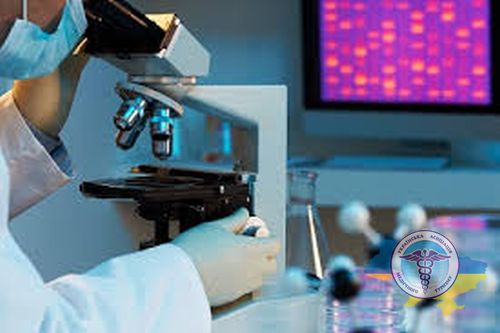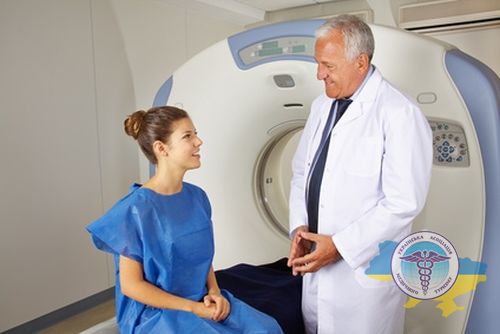Diagnosis of diseases in Austria

Austria is an ideal country for health-conscious people who not only lead an active lifestyle, but also regularly undergo a full examination of the body.
Diagnostics in Austria is suitable for people who value not only quality and comfort, but also the safety of their own money and personal time.
Thanks to the use of the latest medical technology and innovative diagnostic methods, Austrian medical centers have become known around the world.

Want to know how much the diagnostics costs?
Answer a few questions and get preliminary information about the cost of diagnosis and treatment!
What procedures does basic check up in Austria include?
Diagnostics in clinics in Austria involves two main packages of services (general examination of the whole organism) and narrowly focused diagnostics for certain types of diseases. Types of Check Up in Austria:
- Basic package Check Up - involves a general and comprehensive study of blood, electro- and echo-cardiograms, stress tests, ultrasound examination of the cardiovascular system, gastrointestinal tract and thyroid gland. Also, the package involves consultation with an orthopedic surgeon, a general practitioner and a complete transcript of all the results obtained with the compilation of medical recommendations. As a bonus, you will be offered a relaxing massage session;
- Expanded Check Up Plus package - includes all diagnostic procedures included in the basic package of services, supplemented by MRI - examination of the brain, thoracic spine, pelvic organs, as well as the study of blood vessels of the brain and spinal cord. Thus, the extended package involves the diagnosis of almost the entire patient's body.
Other methods of diagnosing diseases in clinics in Austria

Diagnosis of diseases in Austria involves the use of:
- Digital X-ray examination - a technique involving obtaining diagnostic information using x-rays;
- Digital mammography is a method that allows you to effectively examine the female breast. Thanks to the use of the most modern equipment, the study is carried out with minimal discomfort for the patient;
- CT is a type of X-ray examination that allows you to get a clear layered image of the diagnosed area. Computed tomography allows you to determine the presence and localization of almost all pathological changes, especially oncology;
- Densitometry is a method that allows using x-rays to assess the density of bone tissue and the amount of mineral salts contained in them. Most often, densitometry is used to assess the severity of osteoporosis;
- Neurophysiological studies (EEG, EMG and assessment of the speed of conduction of the nervous system) - are used to assess the condition and search for pathologies of the nervous system;
- Scintigraphy is a diagnostic tool that allows using a special group of radioactive substances to create a clear two-dimensional image of the organ under investigation;
- Gastro- and colonoscopy are diagnostic methods that allow you to visually assess the condition of the stomach and large intestine. Used to identify various neoplasms, ulcers, gastritis and erosion of the mucous membrane;
- Laboratory diagnostics - the study of blood, urine, feces, synovial fluid, etc.
The cost of diagnosing an organism in Austria
It is worth noting that the prices for diagnostics in Austria are slightly lower than the costs of diagnostics in Germany and Israel, with the same quality of services provided.
The cost of diagnosis depends on the prestige of the clinic and the fees of the attending physician. An example of the cost of diagnostics in diagnostic centers in Austria:
- Basic package - 1000 euros;
- Heart diagnostics - 600 euros;
- Women's health - 1200 euros;
- Male reproductive system - 370 euros;
- The study of the senses - 520 euros;
- Brain examination - 1000 euros.



